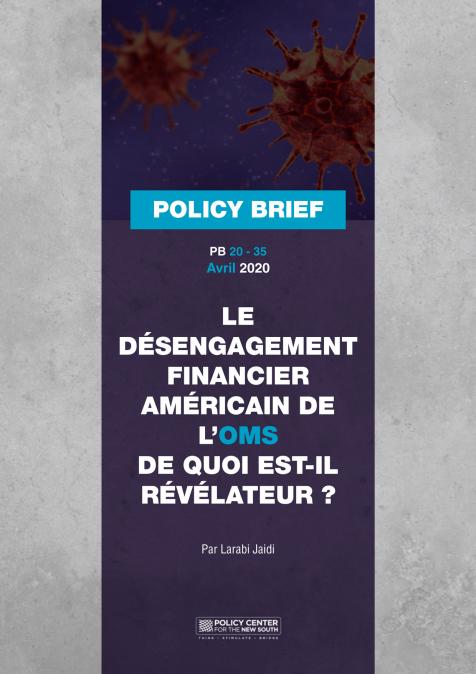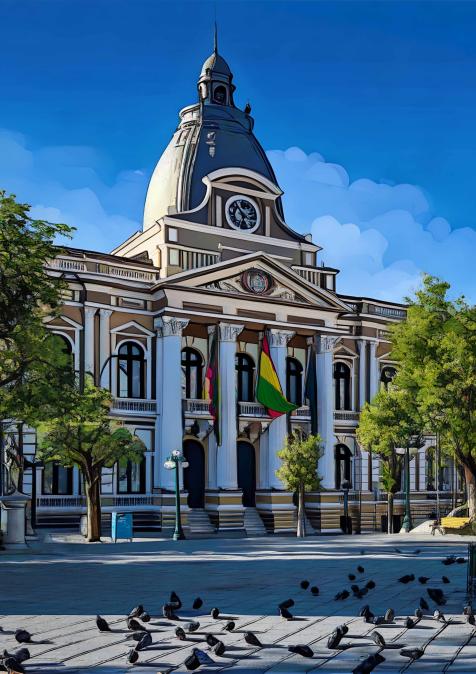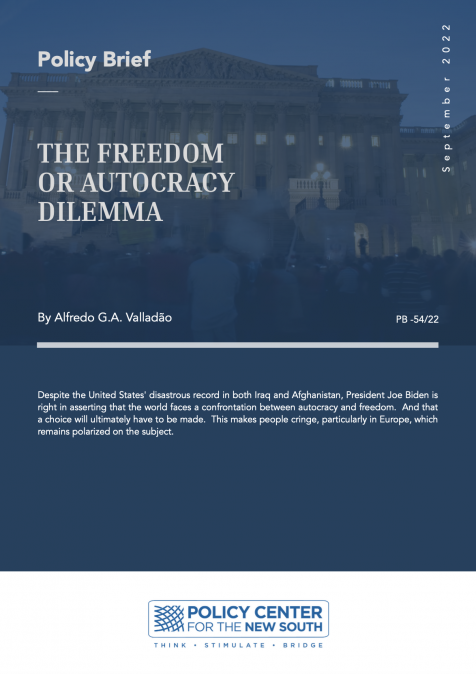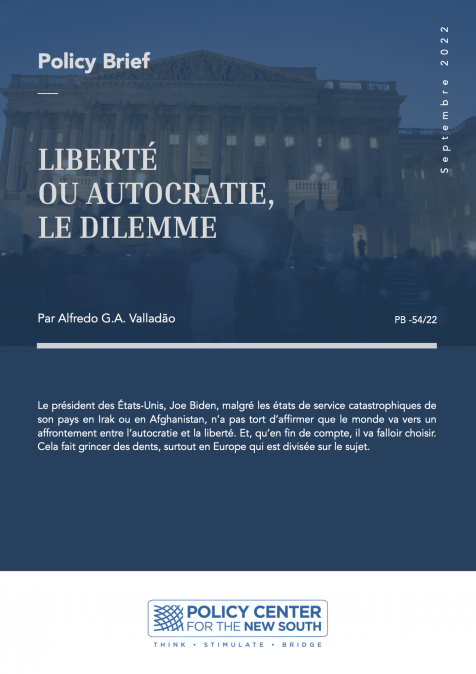Publications /
Policy Brief
Donald Trump a mis à exécution sa menace annoncée quelques jours avant sa prise de décision. Les Etats-Unis vont suspendre leur contribution financière à l’Organisation mondiale de la Santé (OMS), alors que la pandémie de Covid-19 tue toujours des milliers de personnes quotidiennement. Dans les arguments égrenés par le président pour justifier sa position, est revenue en force la cible de l’Organisation internationale, sa mauvaise gestion de la crise Corona, son alignement sur les positions politiques de Chine. L’opinion reste dubitative. La décision intervient à un moment crucial dans le combat contre la pandémie. A priori, c’est une conjoncture où la communauté internationale doit faire front commun contre un mal qui traverse toutes les frontières, frappe indistinctement les pays riches et le pays pauvres, mobilise les consciences des personnes et les ressources des Etats. Pourtant, fidèle à son image iconoclaste et déroutante, Trump va à l’encontre de la tendance.
Une lecture de cette crise, moins au fil de l’eau et plus en profondeur, nous invite à relativiser la teneur des arguments du Président américain, à s’interroger sur une continuité de cette décision par rapport à d‘autres désengagements qui l’ont précédée, à contextualiser sa signification dans une conjoncture politique intérieure, le contexte d’une situation intérieure ébranlée par les effets du Covid 19, au regard porté sur les perspectives des élections et, surtout, brouillée par les tensions de la rivalité sino américaine et ses prolongements dans les Organisations internationales. Mais, comment apprécier la réaction de désapprobation unanime des Etats, notamment des autres grandes puissances, sur ce retrait américain ? Certes, une belle unanimité dans l’expression de regrets à propos de la décision américaine, mais une timidité dans l’action en renfort à une OMS financièrement secouée et mal au point dans la gestion de la pandémie. Cette timidité n’appelle-t-elle pas à une profonde réflexion sur la gestion multilatérale de l’approche de la santé publique mondiale?










